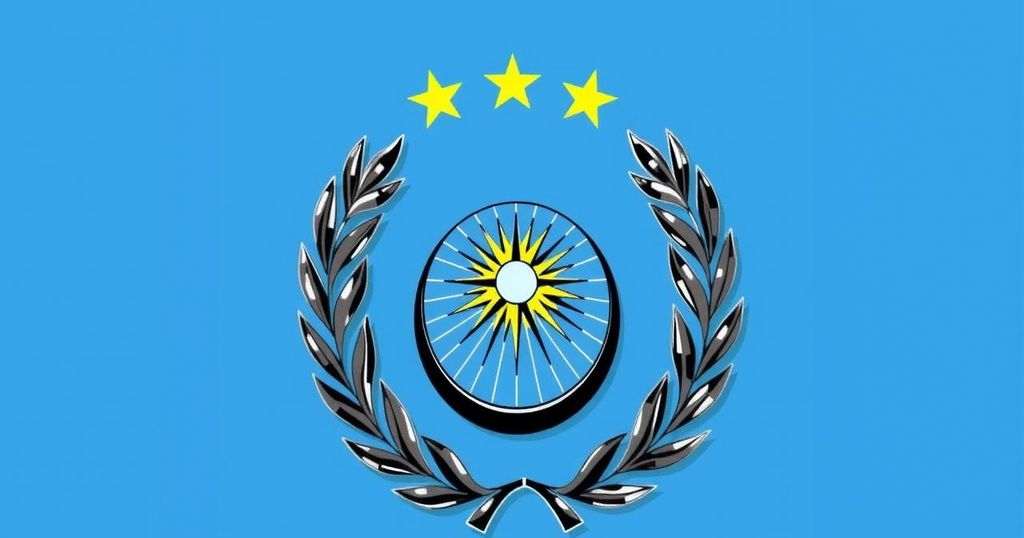Concerns Regarding Uruguay’s Elections: A Call for Political Engagement

Uruguay’s recent elections revealed a concerning political apathy marked by uninspiring candidates and disconnected voters. Young people, facing significant challenges such as high unemployment and poverty, expressed disillusionment with democracy. This widespread dissatisfaction raises urgent questions about the future of political engagement in Uruguay, particularly as older generations also voice their frustrations with governmental inefficiencies.
The recent presidential elections in Uruguay have garnered little attention, an unusual circumstance for a nation known for its vibrant electoral culture. This year’s vote featured uninspiring candidates and a lack of engagement with undecided voters, resulting in a runoff due to the absence of a majority winner. Historically, Uruguayan elections have been passionate displays of democracy, contrasting sharply with the apathy observed in this election cycle, reflecting a shift towards stability but also revealing significant underlying issues, particularly concerning the youth.
Uruguay, often lauded as a model of economic and social progress in Latin America, faces a troubling disconnect with its younger generation. High youth unemployment, currently 26 percent, alongside elevated dropout rates and alarming poverty levels among children, has led many young Uruguayan voters to feel marginalized. A concerning 38 percent of youth surveyed in a 2023 Latinobarómetro poll expressed willingness to forgo democratic principles for effective governance. The impact of the COVID-19 pandemic has further exacerbated mental health challenges, adding urgency to the need for focused political engagement.
Political disenchantment is not limited to youth; older generations voice frustrations about governmental inefficiencies in addressing childhood poverty, rising living costs, and political corruption. Despite recent improvements in inflation rates, public debt has surged and cases of financial mismanagement within the current administration have emerged. Engaging with undecided young voters during the initial round revealed a pervasive sense of disconnect; many described candidates Yamandú Orsi and Álvaro Delgado as uninspiring and out of touch with the realities faced by their generation.
In a political climate traditionally marked by fervor and spirited dialogue, the current elections serve as a stark reminder of the urgent need for candidates to connect with and inspire a disillusioned electorate, particularly the youth of Uruguay, who represent the future of its democracy.
Uruguay has historically been known for its dynamic and spirited elections, reflective of a deep-rooted commitment to democratic values. This culture has been shaped significantly by the nation’s past experiences, including a brutal dictatorship that has resulted in a robust enthusiasm for democracy. However, the current election cycle has deviated from this tradition, marked by an absence of compelling candidates, thus raising concerns about the overall health of democratic engagement in the country. Amid this backdrop, socioeconomic challenges faced by the youth increasingly contribute to a sense of disenfranchisement among voters, undermining the nation’s democratic ideals.
The 2023 presidential elections in Uruguay illustrate a concerning trend of political disengagement, particularly among younger voters who feel increasingly marginalized despite the country’s reputation for stability and democratic integrity. With significant challenges such as high youth unemployment and mental health crises looming large, the need for political candidates to galvanize interest and create relatable campaigns is more critical than ever. Ensuring that the voices of young Uruguayans are heard and addressed is vital to maintaining the strength of Uruguay’s democratic foundation moving forward.
Original Source: www.nytimes.com







